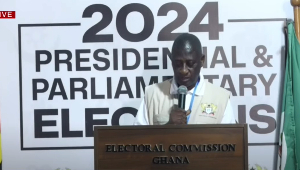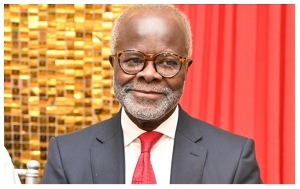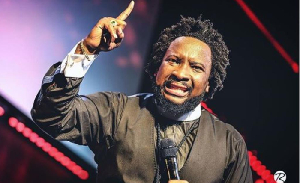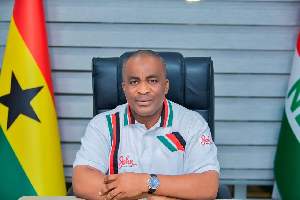


Rocky55 Blog of Saturday, 14 December 2024
Source: Isaac Appiah
Important Candidates in the NPP's 2028 Leadership Race and What They Stand for
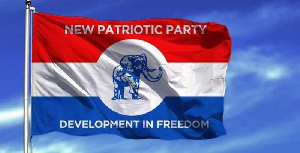
The choice of a flagbearer has become crucial as the New Patriotic Party (NPP) gets ready for Ghana's general elections in 2028. The party's strategy and vision will be shaped by this choice as it looks to continue dominating Ghanaian politics. Vice President Dr. Mahamudu Bawumia, Kennedy Agyapong, K.T. Hammond, and Dr. Yaw Osei Adutwum are some of the front-runners. Every candidate appeals to a different demographic by presenting unique advantages and disadvantages.
Dr. Mahamudu Bawumia: The Perspective of the Technocrat
Leading the charge is Vice President Bawumia, who capitalizes on his standing as a technocrat with knowledge of digital innovation and economic strategy. His popularity among urban professionals and youth has increased as a result of his leadership in projects like mobile money interoperability and the Ghana Card. He may still face difficulties connecting with grassroots supporters in the party's traditional strongholds, though.
Kennedy Agyapong: The Activist at the Bottom
Experienced lawmaker and entrepreneur Kennedy Agyapong is praised for his candor and close relationship with grassroots supporters. Although his candidacy and populist stance excite the party's supporters, they may cause division among the general public.
K.T. Hammond: The Skilled Politician
With decades of political experience, K.T. Hammond offers stability and institutional knowledge to the race. Traditionalists and longtime party members find him appealing, but his manner might not be dynamic enough to appeal to younger people.
The Visionary Teacher: Dr. Yaw Osei Adutwum
Dr. Adutwum has implemented revolutionary changes in his role as Minister of Education, such as advocating for competency-based curricula and STEM education. Though he is still not well-known in national politics, his creative ideas and emphasis on youth empowerment may appeal to voters who value education. The NPP's Future Path The ability of the NPP to bring the party together, excite its base of support, and offer a convincing future vision for Ghana will depend on its choice of leader. As the party sets itself up for victory in 2028, striking a balance between the need to appeal to a diverse population and grassroots appeal will be crucial.






